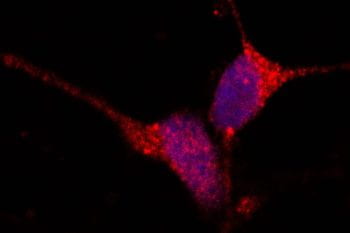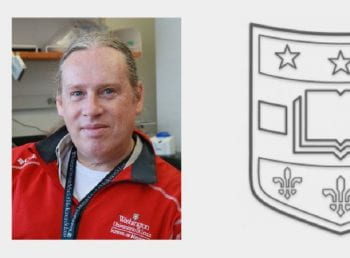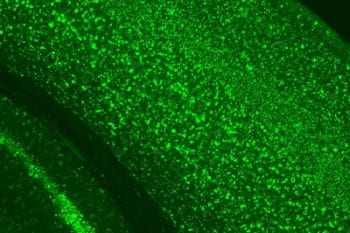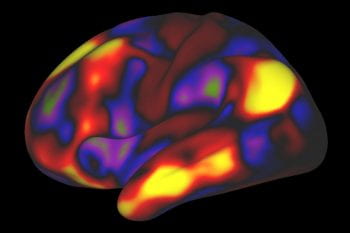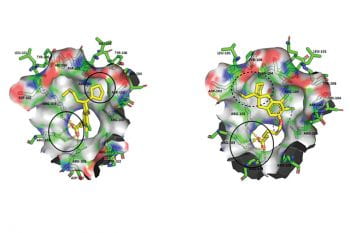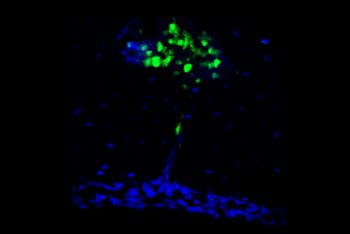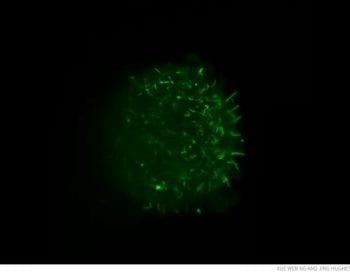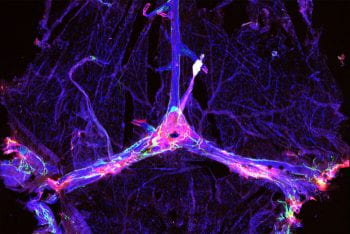The brain needs to flush out waste products to stay healthy and fend off conditions like Alzheimer’s disease. Scientists are beginning to understand how the the brain’s waste removal system works. [Transcript] A MARTÍNEZ, HOST: Turns out the brain needs regular cleaning. Otherwise, it gets clogged up with waste products, including some associated with diseases […]
The brain has a waste removal system and scientists are figuring out how it works


